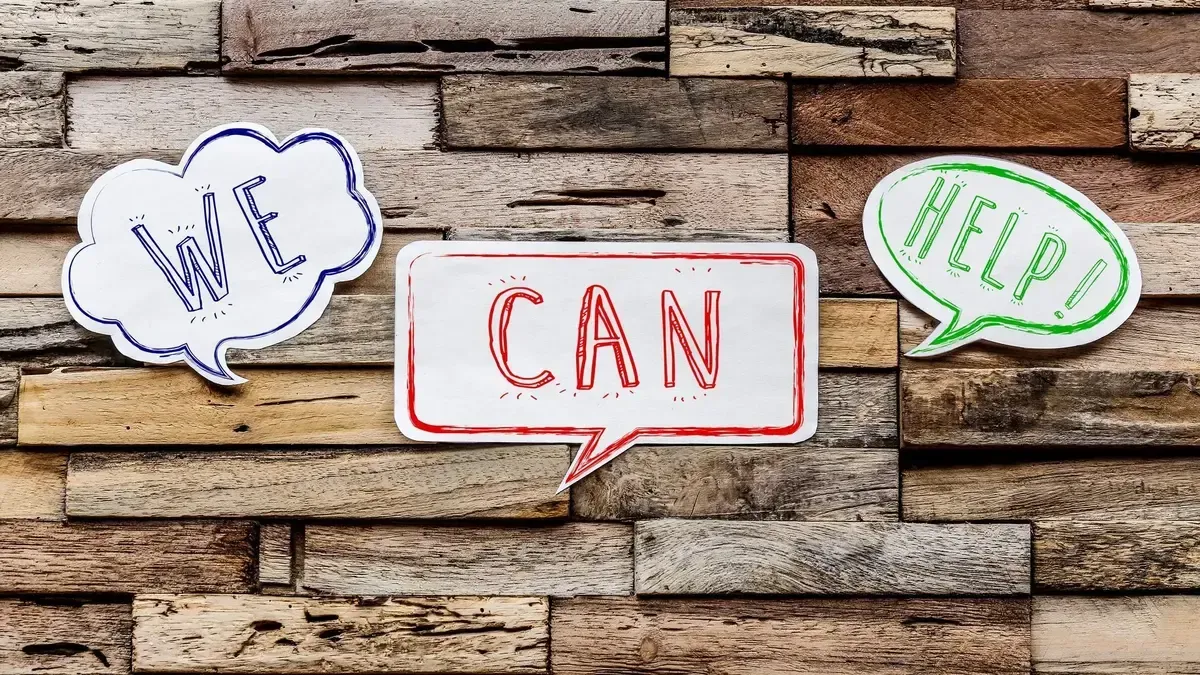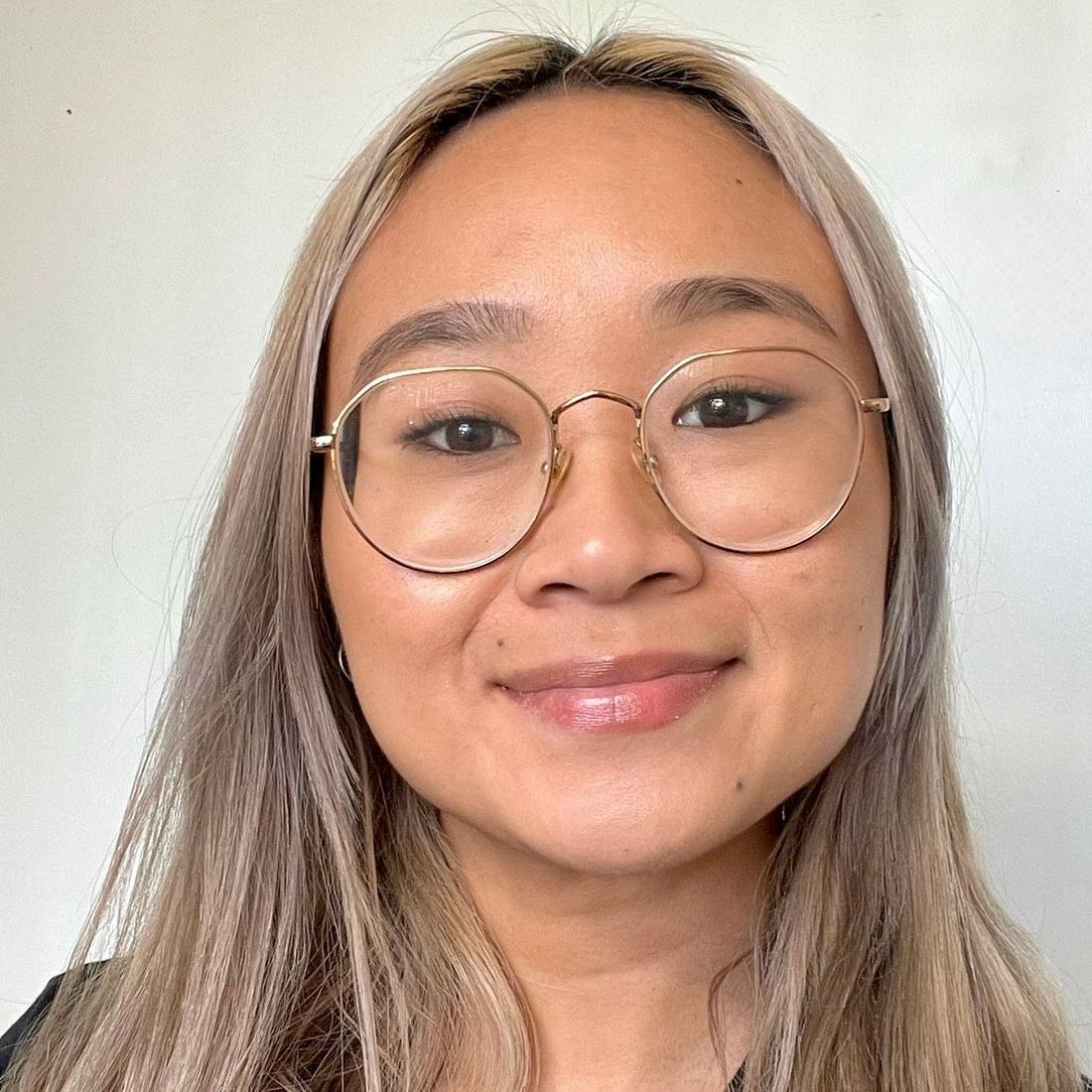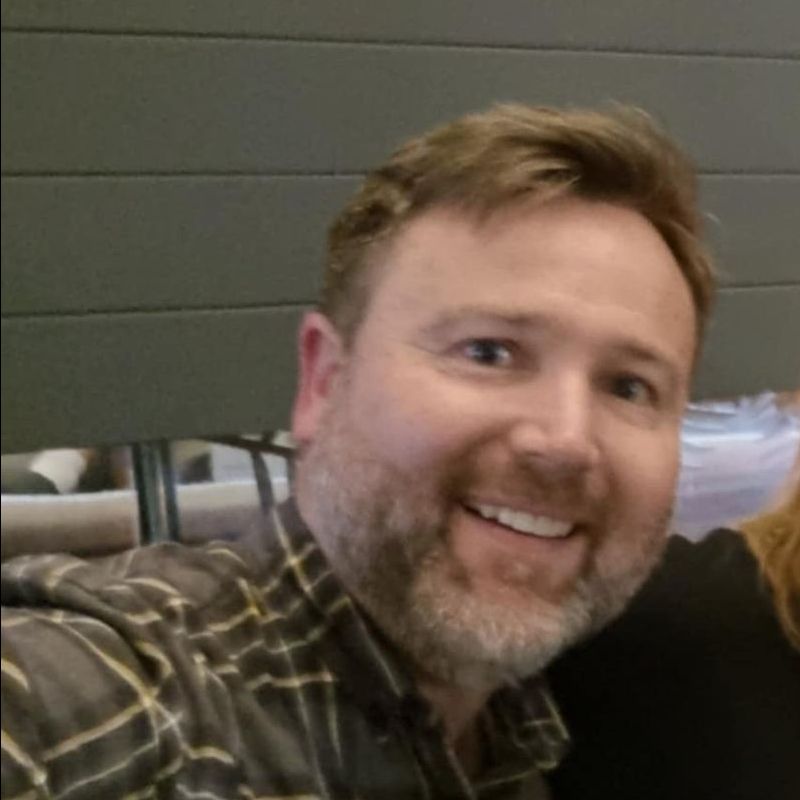Meet our Speech Pathologists

Celebrating Speech Pathology Week
Speech Pathology Week is a time to recognise the incredible work that speech pathologists do, which goes far beyond just addressing speech difficulties. It's about enabling communication, fostering relationships, and enhancing the quality of life for people of all ages. This week, we're excited to introduce three remarkable speech pathologists who embody this profession's diverse and meaningful impact.
Introducing our awesome Speech Pathologists

Caroline Tran
Caroline Tran, a seasoned speech pathologist, is known for her ability to connect with a diverse range of individuals and build strong relationships within her client network. Her passion for helping others, especially brain injury patients, is evident in her work. Caroline's transdisciplinary approach ensures her clients receive comprehensive and collaborative care. Outside of work, Caroline is an adventurous foodie, always on the lookout for new restaurants to explore.

Eleni Haramis
With 15 years of experience, Eleni Haramis brings an unwavering dedication to her work, always striving to bring joy to her client's lives and comfort to their families. Her person-centred approach allows her to creatively implement interventions tailored to each individual, with her trusty suitcase filled with innovative tools for functional and engaging sessions. Her love for music is a key part of her therapy, whether she's playing instruments, singing, dancing, or curating Spotify playlists that her clients eagerly anticipate. Recently, Eleni made a significant impact by recording videos for an ICU patient, offering a sense of normalcy during a challenging time. As a proud mother of two beautiful girls, Eleni finds fulfilment in her personal and professional life.

Jed Rowlandson
Jed Rowlandson has dedicated 20 years to the field of speech pathology, starting his career in public health and disability services in both Australia and the UK. His extensive experience spans early intervention and school-based services, with a recent focus on the NDIS sector, supporting children and young people in developing the communication skills they need to thrive in family and school life. Jed is particularly passionate about early intervention, providing direct support in natural environments and empowering parents, carers, and educators to improve their engagement through effective communication. His practice is rooted in person-centred services and collaboration with other professionals to deliver holistic care for the children he supports.
The broader impact of Speech Pathology
Speech pathology is about so much more than speech. It's about communication in all forms, from helping someone find their voice after a brain injury to supporting a child in expressing their needs. Our team's work highlights the breadth of this field and the profound impact it has on the lives of those they support. As we celebrate Speech Pathology Week, we honour the dedication and expertise of Caroline, Eleni, and Jed and the countless ways they make a difference every day.
Get the support you need with helpz
If you or someone you know could benefit from the expertise of our skilled speech pathologists, we’re here to help. At helpz, we are dedicated to providing comprehensive, person-centred care tailored to the unique needs of each individual. Whether it’s early intervention, support for a loved one with a disability, or assistance in regaining communication skills after an injury, our team is ready to make a difference.
Contact us today to learn more about how our speech pathology services can support you or your loved ones on the journey to better communication and improved quality of life.
News & Insights
Check Our Latest Resources







